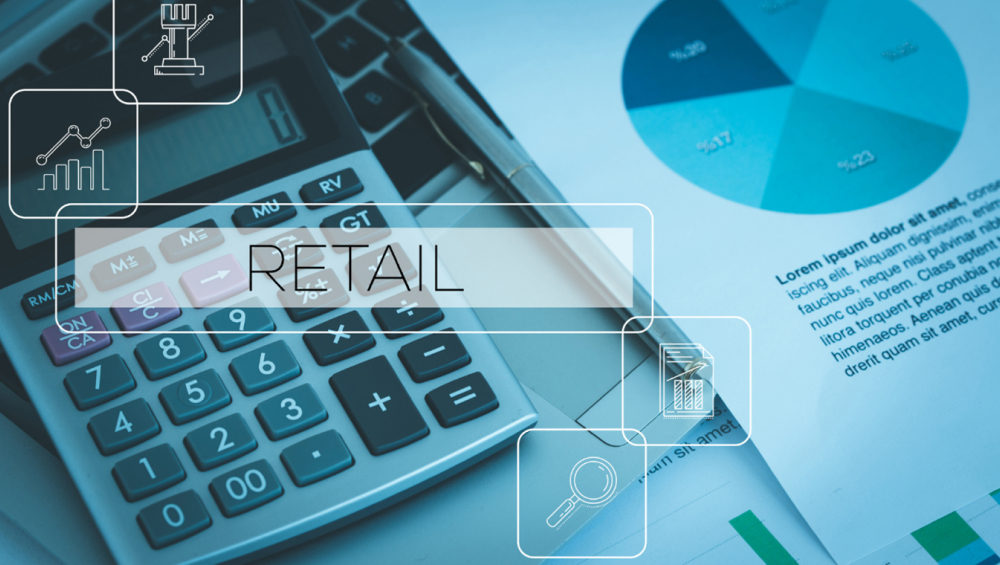Lynnice Ng, Head of Marketing
Lynnice develops the marketing strategy for the MAS-licensed, Shanghai-headquartered brokerage firm based in Singapore, Orient Futures Singapore, and leads the team to execute sponsorship of events aligned with brand and business objectives.
With a Bachelor of Business degree and a Master of Arts (Contemporary China) from Nanyang Technological University, certificates of Capital Markets and Financial Advisory Services (CMFAS) Module 2A and Module 6A, she is passionate about the financial services industry and takes pride in providing value to clients and all, in the areas of content and events.
Soon Yujian, Marketing Associate
Yujian is the content strategist and writer in the marketing department of Orient Futures Singapore.
With a Bachelor’s degree in English from Nanyang Technological University, he gathers insights about the derivatives industry and turns them into bite-sized news. He enjoys researching market news, industry trends, and reports. His research expertise is also readily presented in articles such as the QFI scheme, and informative articles such as the FIA article series.
How Active are Retail Investors in your market?
From India, 40% of the traders are retail investors and the depository accounts have increased drastically over the past few years from 40 million to 100 million.
Separately, in Malaysia’s market, due to the pandemic, the investment amounts have increased from 400m to 1.3~4 billion, mostly from the interest in rubber, crude oil, and palm oil.
From Singapore, the number of retail investors has increased since 2019, but the increase in volume is not as much as the other countries.
Retail Investors
As an umbrella term, the definition of retail investors remains problematic for the industry. This is because a retail investor can be an entry-level trader that has no exposure to trade information and is subsequently groomed by partnerships with a brokerage. Or they may be “pro” retailers and business retailers that track technical indicators, fundamentals and execute complex strategies.

What Do Retail Investors Require?
1. Education
From the perspective of the exchanges, brokerages, and other parties involved in the trade process, there is a clear understanding of the risks involved. Therefore, education should be provided when interacting with a spectrum of people. This includes explaining the concepts of more sophisticated functions such as arbitrage or putting in the resources for retail traders to understand technical information.
For specified investment products such as leverage products, certain benchmarks should be set separately.
From Singapore, MAS requires that the traders have relevant work experience or qualifications before such forms of trade can be initiated.
For Malaysia, household and retail investors are categorized and distinguished from one another and certain forms of examinations are also required.
2. Technology
Digitization and technology played a crucial role in lowering the barriers to entry. For example, the introduction of “Robinhood” in 2017 brought in a surge of retail investors.
In general, mobile transactions for traders had increased from 5% to 19% over the course of the pandemic, to add to that, there are guides that teach individuals how to make money to trade options that expire on the same day. These are named “zero days to expiration trades” (0DTE).
These forms of trade account for up to 10% of the trading volume on exchanges. It is undeniable that technology is a key reason for this retail growth, and it continues to expand into forms such as community trading or social trading.
Hence, technology and information within such avenues are critical for retail traders as they inform traders about the products that they are trading, and the risks involved in them.
What are the Products Available for Retail Traders
From the National Stock Exchange of India, there is a diverse range of products including the flagship Nifty futures, and on an average day, there are 50 million contracts that are traded. Retail traders, they can trade in micro-contracts, weekly derivative products (short expiry and cheaper), or even in Nifty Midcap Select Futures.
For the types of contracts, traders can choose from Nano’s, E-micro, E-mini and mini futures, which can also be complemented with existing products suites.

Potential ESG Products
“When it comes to ESG, our exchange is always placed on the wrong side of the movement. (Malaysia/Bursa Malaysia Derivative) together with Indonesia provides for up to 80% of the palm oil industry, it is always placed under great scrutiny and the public is concerned about how the plant is grown, or the wildlife impacts of palm trees. However, palm oil traded in the market is RSPO (Roundtable on Sustainable Palm Oil) approved, and it is a sustainable resource. Almost 98% of all plantations are MSPO-certified (Malaysian Sustainable Palm Oil).”
– Mohd. Saleem, Acting Director, Bursa Malaysia Derivatives
As an exchange, Bursa Malaysia Derivatives was the first to mandate a certified deliverable source on 1 April 2021. This was in support of the reduction of greenhouse gas and ESG efforts. On 9 December, the launch of the Bursa Carbon Exchange also increased the focus placed on ESG and providing the right tools for traders to trade in this market.
Bringing attention to CBOE Global Markets, other products are also available for ESG investing. “CBOE Global Market currently has S&P 500® ESG Index Options (designed to provide improved Environmental, Social, and Governance representations)”
– Sharon Ang, Managing Director, Head of Asia-Pacific, Global Client Services, CBOE Global Markets
For both retail and institutional traders that are trading in the market, it will be possible to track the contract number to see when trading is executed, and such details are crucial for the protection of customer funds. To promote such forms of protection, CBOE regularly publishes guidelines for individuals to be aware of the risks from digitalization and social media marketing, but there is always more to be done.
Has there been an Increase in Complaints from Retail Investors?
Accompanying the rise in the retail trading volume are the complaints and dissatisfaction of individuals that have lost money.
This is primarily from forex scams or websites pretending to be exchanges and brokerages. These scammers often take advantage of the loopholes between brokers, exchanges, and regulators to profit from the funds of traders. Most recently, the Securities Commission of Malaysia had also recorded 1800 scams related to the industry, an increase from the previous years.
To learn more about the types of scams, refer to this article on 4 Things to Know About Forex Scams.
Alternatively, during periods of volatility, for example, when the oil prices decrease, the feedbacks also tend to increase.
Start Trading With Orient Futures Singapore
Being an Overseas Intermediary of Shanghai International Energy Exchange (INE), Dalian Commodity Exchange (DCE), and Zhengzhou Commodity Exchange (ZCE), when foreign clients participate in internationalised futures contracts in these Chinese markets with us, they have direct access to trading, clearing, and settlement. Our parent company, Shanghai Orient Futures, is the largest broker in terms of aggregated volume across the five regulated exchanges in China.
Orient Futures Singapore also currently holds memberships at the Singapore Exchange (SGX), Asia Pacific Exchange (APEX), and ICE Futures Singapore (ICE SG).
We provide premium customer service at an affordable cost to all our clients. Our team will be there for you 24 hours on trading days to provide a one-stop portal for all your trades, with simple processes and an intuitive user interface that has low or near-to-zero latency.




